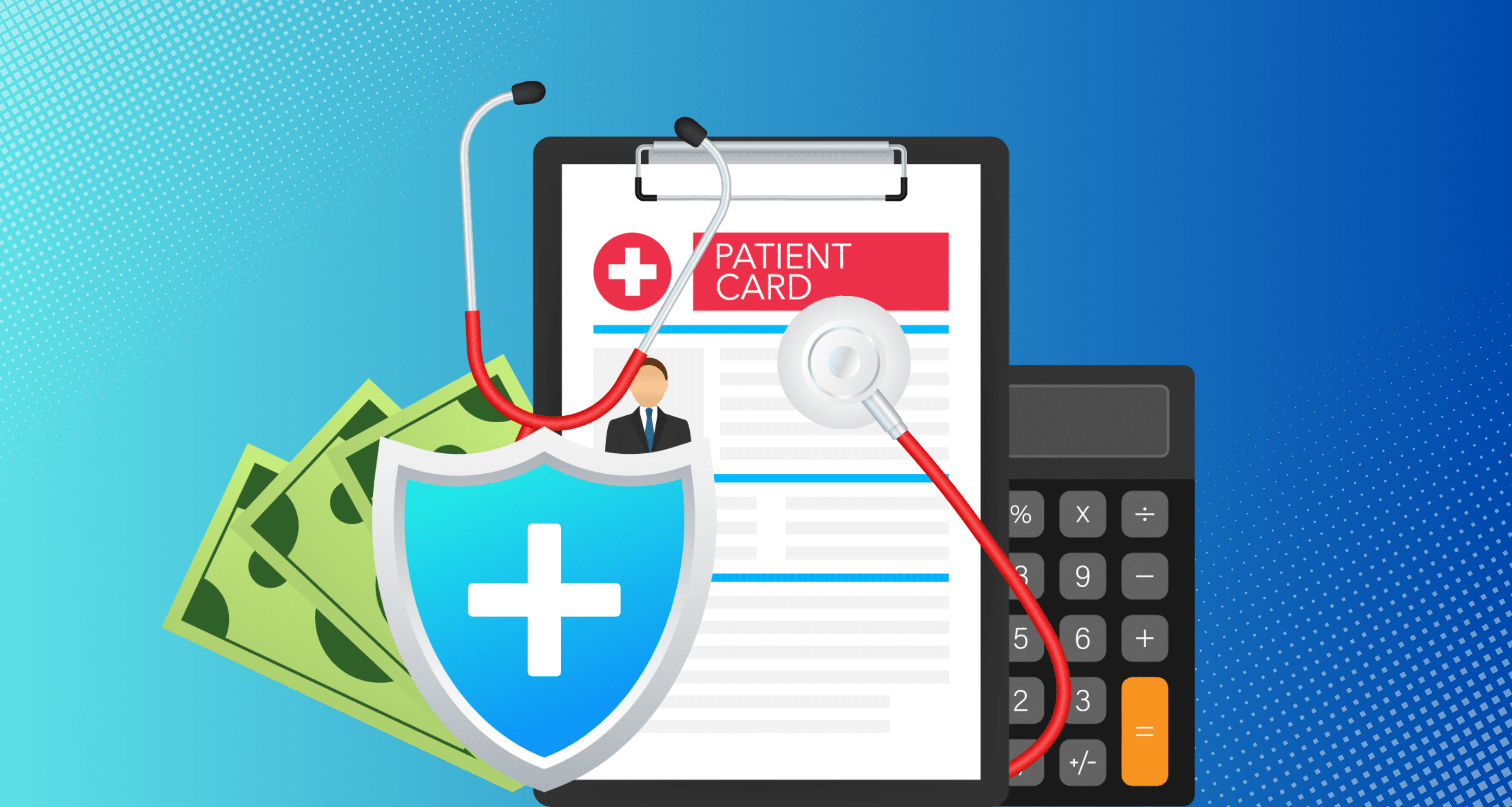You may have been hearing about UPIC (Unified Program Integrity Contractor) audits more often lately. This is because the Centers for Medicare & Medicaid Services (CMS) have ramped up their efforts to identify organizations that have improperly billed for medical services. CMS UPIC audits are designed to identify and prevent fraud, waste, and abuse within Medicare and Medicaid, ensuring that federal funds are used appropriately and that the services billed for are actually provided and are medically necessary.
For healthcare organizations, understanding UPIC audits and preparing for them is essential to compliance. This article explores the purpose of UPIC audits and who should be concerned – providing a comprehensive guide on how healthcare organizations can prepare for these audits.
What is the Purpose of UPIC Audits?
The Centers for Medicare and Medicaid Services (CMS) created UPIC audits to identify and stop fraud and abuse in Medicare and Medicaid.
The main goal of UPIC is to help CMS:
- Find fraud, abuse, and waste
- Perform regional Medicare and Medicaid data analysis
- Resolve complaints
- Investigate suspected fraud activities
UPIC audits are conducted by contractors hired by CMS with a singular focus – to protect Medicare and Medicaid from fraud, waste, and abuse. Through a combination of data analysis, investigations, medical reviews, and site visits, UPICs scrutinize healthcare providers and suppliers to ensure compliance with billing rules and the provision of medically necessary services. The outcome of these audits can range from repayment of overpayments to criminal prosecution in cases of fraud.
UPICs work closely with other federal and state agencies, including the Department of Health and Human Services’ Office of Inspector General (HHS OIG) and state Medicaid Fraud Control Units (MFCUs), to coordinate efforts in combating healthcare fraud and abuse. Given their significant impact, healthcare organizations must take UPIC audits seriously.
Who Should Be Concerned About CMS UPIC Audits?
Since UPIC audits aim to detect and prevent fraud, waste, and abuse within Medicare and Medicaid, any entity involved in billing or providing services under these programs needs to be aware of the potential for audits and take proactive steps to ensure compliance with program requirements.
The following groups should be particularly concerned about UPIC audits.
1. Healthcare Providers and Suppliers
This includes physicians, hospitals, home health agencies, durable medical equipment suppliers, and other entities that bill Medicare and Medicaid. Providers and suppliers are directly in the line of scrutiny for billing practices, quality of care provided, and compliance with healthcare program requirements.
2. Billing Companies
Companies that handle billing for healthcare providers and suppliers must ensure that their billing practices comply with Medicare and Medicaid regulations. Inaccurate or fraudulent billing can trigger a UPIC audit.
3. Healthcare Administrators
Administrators of healthcare facilities must ensure that their organizations follow all compliance and regulatory standards. This includes maintaining accurate records, following proper billing procedures, and ensuring the care provided meets required standards.
4. Medical Coders and Billers
Professionals responsible for coding medical services and submitting claims must adhere to coding guidelines and billing rules. Inaccuracies or patterns that suggest upcoding or unbundling can lead to audits.
5. Compliance Officers
Those in charge of compliance within healthcare organizations must be aware of the latest regulations and ensure that their organizations adhere to them. They are crucial in preventing actions that could lead to UPIC audits.
6. Healthcare Attorneys and Legal Advisors
Legal professionals specializing in healthcare law need to stay informed about UPIC audits to advise their clients properly on compliance and defense strategies.
7. Pharmacies and Pharmacy Benefit Managers (PBMs)
These entities are also subject to UPIC audits, especially concerning billing and reimbursement practices for medications under Medicare Part D and Medicaid.
How to Prepare for a UPIC Audit
Preparing for a UPIC audit involves a proactive approach to compliance and documentation. Healthcare organizations can take several steps to prepare for a UPIC Medicare audit. These steps also foster a culture of compliance and integrity, significantly reducing the risk of fraud, waste, and abuse.
1. Implementing a Robust Compliance Program
The first step in preparing for a UPIC audit is establishing a comprehensive compliance program. This program should include regular training sessions to update all employees on Medicare and Medicaid regulations. A strong compliance program helps identify and correct non-compliant practices in your organization.
2. Conducting Regular Internal Audits
Self-audits help organizations identify areas in which their compliance program could be improved. It’s important to regularly review billing and documentation practices, so that you may rectify potential issues before they escalate into significant problems. These audits should mirror the procedures used by UPICs, focusing on areas commonly associated with fraud and abuse.
3. Ensuring Accurate Documentation
Accurate and thorough documentation ensures that all services billed are fully supported by detailed documentation, clearly demonstrating the necessity and compliance of the services provided. Since having accurate documentation is often the primary focus of UPIC audits, healthcare organizations should take particular care in this area.
4. Staying Informed on Billing and Coding Updates
Medical billing and coding best practices is continuously evolving. Staying abreast of updates and ensuring that billing practices reflect the latest standards is crucial. Errors in coding can lead to unintentional billing discrepancies, drawing unwanted attention from UPIC auditors.
5. Developing a Response Plan
Having a response plan in place is crucial for efficiently addressing audit requests. This includes designating a team to handle communications with UPIC auditors, compiling necessary documentation, and ensuring responses are timely and comprehensive. Preparedness can significantly reduce the stress and disruption associated with audit requests.
6. Reviewing Provider Enrollment Information
Accuracy in provider enrollment information is a simple yet often overlooked aspect of compliance. Regularly verifying that this information is correct and up-to-date can prevent unnecessary scrutiny.
7. Engaging Legal and Compliance Experts
Expertise matters. Engaging with healthcare attorneys or compliance consultants can provide valuable insights into best practices and help fortify an organization’s compliance framework. These experts can also be invaluable allies in the event of an audit.
8. Educating and Training Staff
Education is a powerful tool in ensuring compliance. Regular training sessions for staff on the importance of accurate billing, proper documentation, and compliance can significantly reduce the risk of fraud and abuse.
9. Maintaining Open Communication
Creating an environment where employees feel comfortable reporting potential compliance issues is essential. An effective internal reporting mechanism can help catch and address issues early, mitigating potential risks.
10. Preparing for Onsite Visits
Finally, healthcare organizations should be prepared for the possibility of onsite visits from UPIC auditors. Ensuring that facilities comply with health and safety standards, and that privacy protections are in place, can help these visits go smoothly.
Ensuring UPIC Audit Success
By implementing robust compliance programs, conducting regular internal audits, and fostering an organizational culture of integrity, healthcare organizations can significantly mitigate the risk of adverse findings in a UPIC audit.
Compliancy Group’s healthcare compliance tracking software is the perfect tool for ensuring adherence to regulatory standards and providing the proof you need in the event of an audit. The software platform allows you to administer policies and procedures and provide training to your staff seamlessly. Administrators can easily generate reports that prove their compliance efforts, and staff can anonymously report suspected incidents of fraud and abuse.







